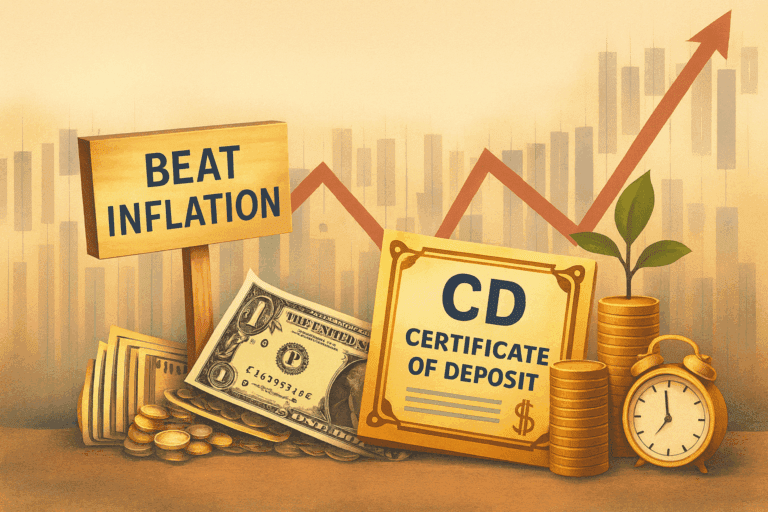Market volatility is nothing new—but that doesn’t mean you must be unprepared. Whether stock prices suddenly plunge or global economic instability shakes the market, your financial health depends on how well you plan before the chaos begins.
These 15 smart moves can help protect your money, reduce stress, and keep you on track for long-term success. From savings strategies to smarter investing, these tips work together to build a strong financial shield.
1. Build a Solid Emergency Fund

Set aside at least three to six months’ worth of essential expenses. This fund acts as your financial safety net when life gets unpredictable.
2. Diversify Your Investments

Don’t put all your eggs in one basket. Spread your money across different asset types—like stocks, bonds, and real estate—to reduce risk.
3. Pay Down High-Interest Debt

High-interest debt eats into your cash flow fast. Paying it down early frees up resources and reduces financial pressure during downturns.
4. Automate Your Savings

Set up recurring transfers to savings or investment accounts. Automation helps you stay consistent—even when things get hectic.
5. Stick to a Realistic Budget

Track your income and expenses. Know where your money is going and look for areas to trim when times get tough.
6. Invest for the Long Term

Markets rise and fall, but time is on your side. Avoid panic selling and stay focused on your goals.
7. Keep Some Cash on Hand

Having a little cash ready means you won’t need to sell investments at a loss if you suddenly need funds.
8. Review Your Asset Allocation

Make sure your investments match your risk tolerance and time horizon. Adjust as your life and the market change.
9. Dollar-Cost Average Your Investments

Invest the same amount regularly—no matter what the market’s doing. This strategy can lower your average cost over time.
10. Boost Your Job Skills

The best financial defense is a potent offense. Increasing your value at work helps protect your income in any economy.
11. Avoid Lifestyle Inflation

When your income goes up, don’t let your spending rise with it. Save the extra instead of spending it on unnecessary upgrades.
12. Keep Insurance Up to Date

Health, life, disability, and renter’s or homeowner’s insurance can shield you from unexpected financial disasters.
13. Have a Backup Plan

What happens if you lose your job or take a pay cut? Plan for alternate sources of income now, not later.
Read More: 10 Financial Moves to Make in Your 40s
14. Stay Informed—but Don’t Obsess

Keep up with major trends, but don’t let headlines control your decisions. Reacting can hurt your long-term success.
Read More: 10 Reasons You Need a Financial Advisor
15. Talk to a Financial Pro

A certified planner can help tailor strategies to your needs and calm your nerves when markets get wild.
The takeaway? You don’t need to predict the future—you need a plan. Put these moves in place now, and your finances will be better prepared to weather whatever the market throws your way.
Read More: Investing Basics You SHOULD Already Know








